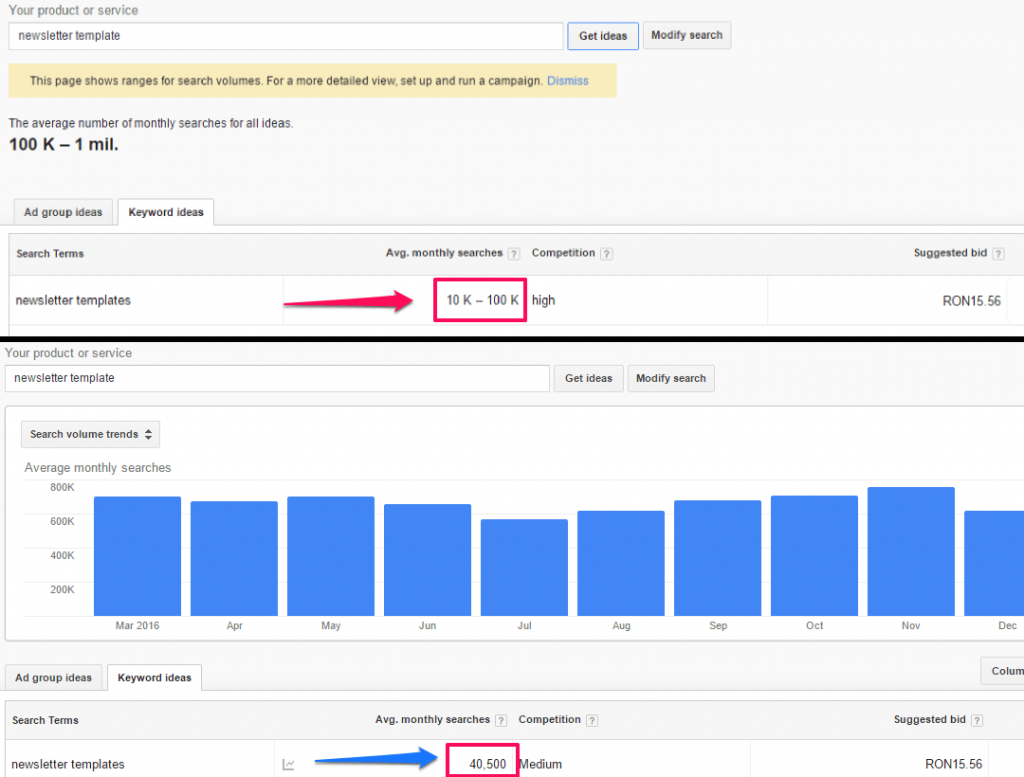The book gives 31 free Google Tools for Marketers and Developers, with a detailed explanation how to use them. In the book I try to give as much information as possible on how these tools can be used by marketers and developers from beginner to advanced level. The audience of the book is everybody who is interested in digital marketing, SEO, SMM, PPC, CPA marketing and etc. I think that knowledge of these tools will help this audience work better and achieve more effective results.
The list below briefly describes 31 free Google tools that may be useful for marketing and development.
Google AdSense

Ever created a niche website for linking purposes, affiliate marketing, content development, or another reason that never panned out? If the website gets even a moderate amount of traffic, and you have no other use for it for the time being, why not earn a little income off of it using Google AdSense? By simply placing some ad code in the header, content, and sidebar of the website, you can earn some passive income. The amount you earn will depend on the topic of the website and the amount of visitors it receives.
Google Analytics
Every business that has a website should have a Google Analytics account to track and measure website traffic. It is a paid tool and one of the most widely used tools for website analytics. It has data on users’ demographics, interests, behavior, and more, plus data on acquisition channels for third party campaigns, site traffic and speed, real-time activity.

Most recent updates and integrations with Google Ads and Search Console made it a fundamental tool for every business. You have all the information in one place, which allows you to create better connections regarding your data. You have access to the Acquisition, Behavior and Conversions data in one place, which means more possibilities to discover insights:
- find out the most engaging landing pages that bring visitors through organic search;
- determine the landing pages which have the highest engagement but lack organic search visitors;
- identify the best ranking queries for each landing page and more.

GA helps you track any fluctuations in your traffic evolution, so you can spot any drops or improvements and check furthermore whether there is a connection to Google penalties.

Measure overall organic traffic to better understand your users and get insights based on the activity that happens on your website or set up goals to track specific user interactions on site.
Google Drive

Google Drive is considered one of the most useful Google apps. It provides safe and straightforward access to all of your stuff. Therefore, you can create, share, and save your content from all kinds of devices, such as mobile phones, tablets, laptops, etc.
Besides that, Google Drive can integrate smoothly with other Google cloud-native apps like Docs, Sheets, and other existing tools and applications used by your team. As a result, the tool allows your team to work, edit and store Microsoft Office and over 100 more file kinds, including PDFs, photo files, and more, without changing file formats.
Google Ads
Google Ads (former Google AdWords) is an optional tool that you can use to create advertising campaigns on Google Search, Youtube, Mobile Apps or remarketing on third-party websites. Google Ads is an advertising tool, that works on a bidding strategy. When you create a campaign, you’re allowed to add a landing page and create brief advertisements, service offerings, product listings, video content and generate mobile application installs. You can choose out of three pricing models, based on the type you’d like to use:
- pay-per-click (PPC) pricing model for driving traffic to the website;
- cost-per-acquisition (CPA) for acquiring conversions (eg. purchases or signups);
- cost-per-thousand viewable impressions (vCPM) for increasing awareness.
The first two pricing models are available for paid search, and the last one can be available only for Display Network campaigns (a large resource of websites, videos, and apps where your ads can appear).

Google Ads can give you lots of insights on the searched keyword phrases, best performing landing pages, type of visitors and other descriptive information.
Google Forms

Google Forms is a tool in the Google tools list that helps users create different kinds of surveys. Businesses can use this tool for several tasks, such as keeping track of event registrations, making a customer survey, gathering email addresses, and much more.
One fantastic feature of Google Forms is choosing suitable colors or themes to create a unique survey form based on your company’s logo and images. In addition, surveys created by Google Forms can be made, edited, and responded quickly on both computers and mobile phones. More impressively, Google Forms can automatically analyze and organize the responses into graphs, charts or create a sheet shared with only the survey creators.
Keyword Planner
Google Keyword Planner is an important feature from the Google Ads tools. You can use it independently, no matter if you pay or not. There’s a catch though. If you have active campaigns, you’ll get more information comparing to a non-paid account.

It is a keyword research tool, which can be used for getting insights on the terminology used for different topics or keyword ideas, plus search volumes for every country and language, search trend. You have the possibility to apply filters and get only the results you are interested in.
Google Classroom

Google Classroom provides an “all-in-one place” for educators to teach and administer different classes in one single location. It is a simple, safe, and free google software that assists educators in controlling, measuring, and improving learning activities. The free version already has some fantastic features, such as keeping track of students’ progress, creating “comment banks” filled with frequently used phrases, and many more.
Many people have always considered Google Classroom as a tool that’s only for schools and educational institutions. However, in reality, many businesses owners are using it for onboarding and continuing workplace training since it’s an excellent tool to keep all communication, learning materials, and progress in one location.
Conclusion
Learn how to use free tools from Google.com. These free online resources can help you excel as a marketer or a developer.
